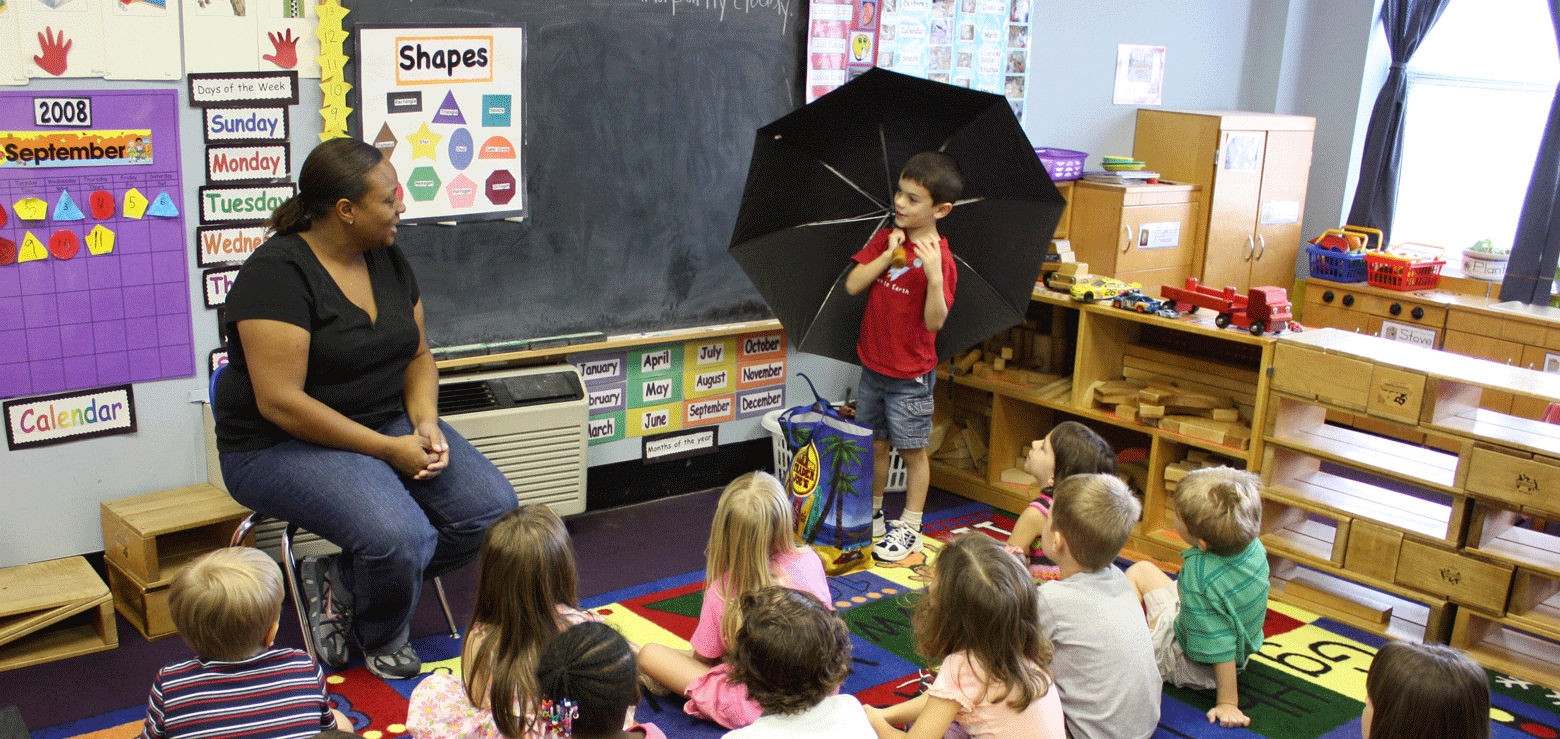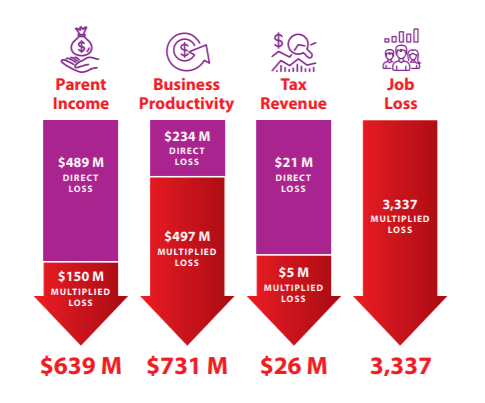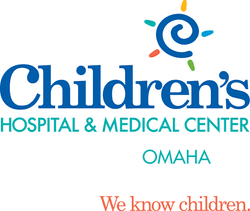Elevating high quality early childhood care and education for all Nebraska families.
Nebraska's Early Childhood Care and Education Landscape
According to the November 2019 Nebraska Department of Labor's issue of Trends, of the parents who work in the labor force, 75% are either dual income families or single-parent families who must make decisions about the care of their children. Children under five, who are most likely to need care during the work day, make up 27.8% of the state's under-17 population. That means that a reliable system of quality early childhood education and services is not only critical to keeping our children safe, healthy, and developmentally on track, but also to maintaining a thriving workforce. Here's what we know:
- Gaps in childcare availability cost families $489 million in income losses due to reduced hours and missed work (First Five Nebraska's Bottom Line Report)
- Some parents must leave the workforce, forego promotions, or opt for fewer hours because of a lack of available quality childcare.
- Nebraska businesses are impacted by high turnover rates and decreased productivity due to childcare issues at a cost of $234 million annually.
- Another $21 million is lost each year in tax revenues because of childcare issues.
- Nebraska has 92,780 childcare slots available, but an estimated potential112,410 children in need of care ( Bipartisan Policy Institute’s recent Child Care Gap survey).
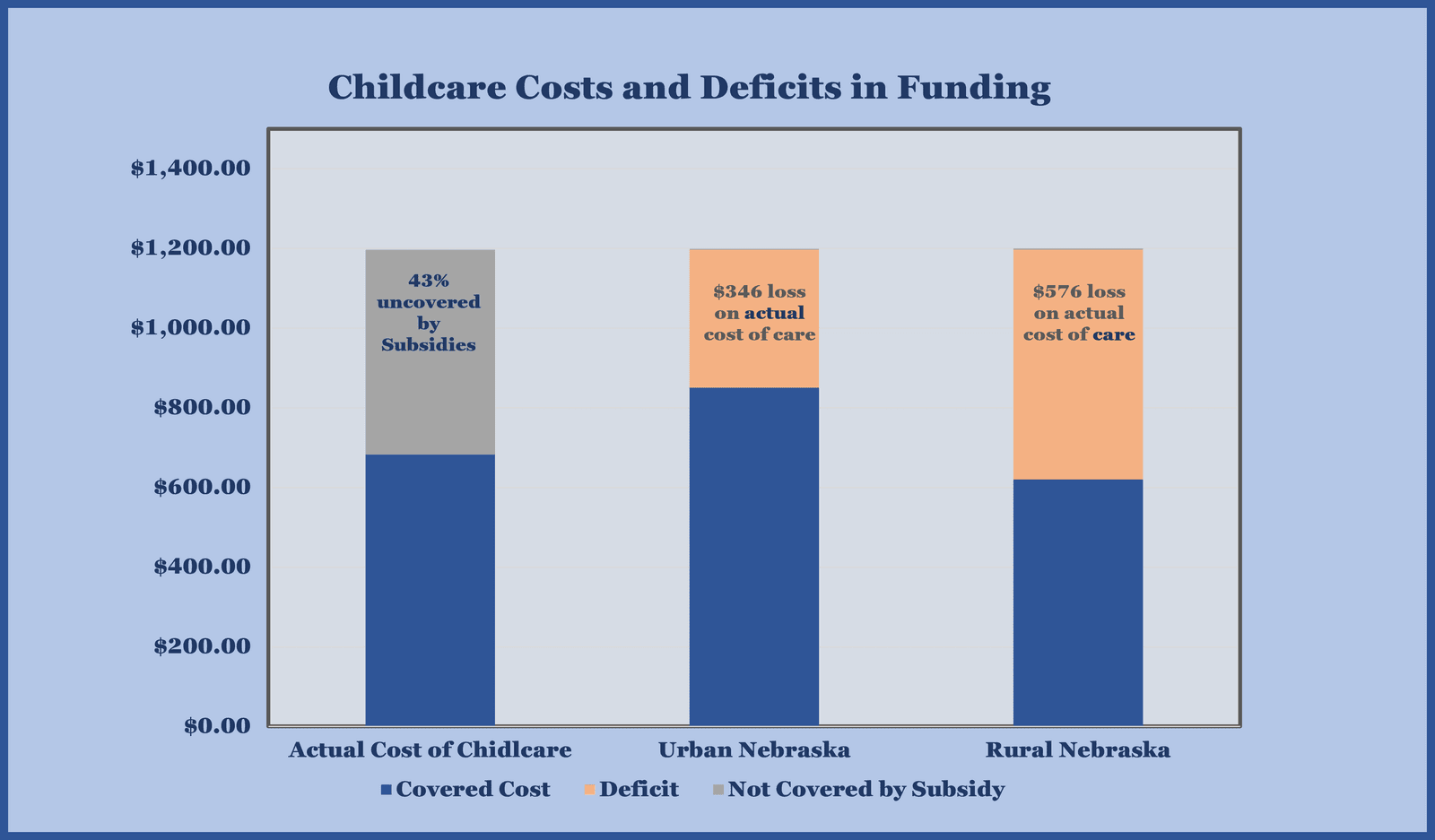
While there is a high demand for childcare, providers struggle to keep pace in a system that is overloaded and underpaid. Because the "true cost" of childcare is more than many parents can afford to pay, providers have relied on a system of subsidies provided by the Federal Child Care and Development Fund (CCDF). However, there are gaps in funding that don't completely account for the full cost of care:
- 1 in 7 children who meet eligibility requirements don't receive subsidies, and many more who are not eligible still need financial assistance (American Progress's "The True Cost of High-Quality Child Care Across the United States").
- The actual cost of licensed childcare is 43% more than what providers can be reimbursed by subsidy.
- The average actual cost of childcare for infants and toddlers in Nebraska is estimated to be $1,196 and for preschoolers $922 (Costofchildcare.org).
- The average payment for infant/toddler childcare in Nebraska is approximately $850 in urban centers and $620 in rural areas.
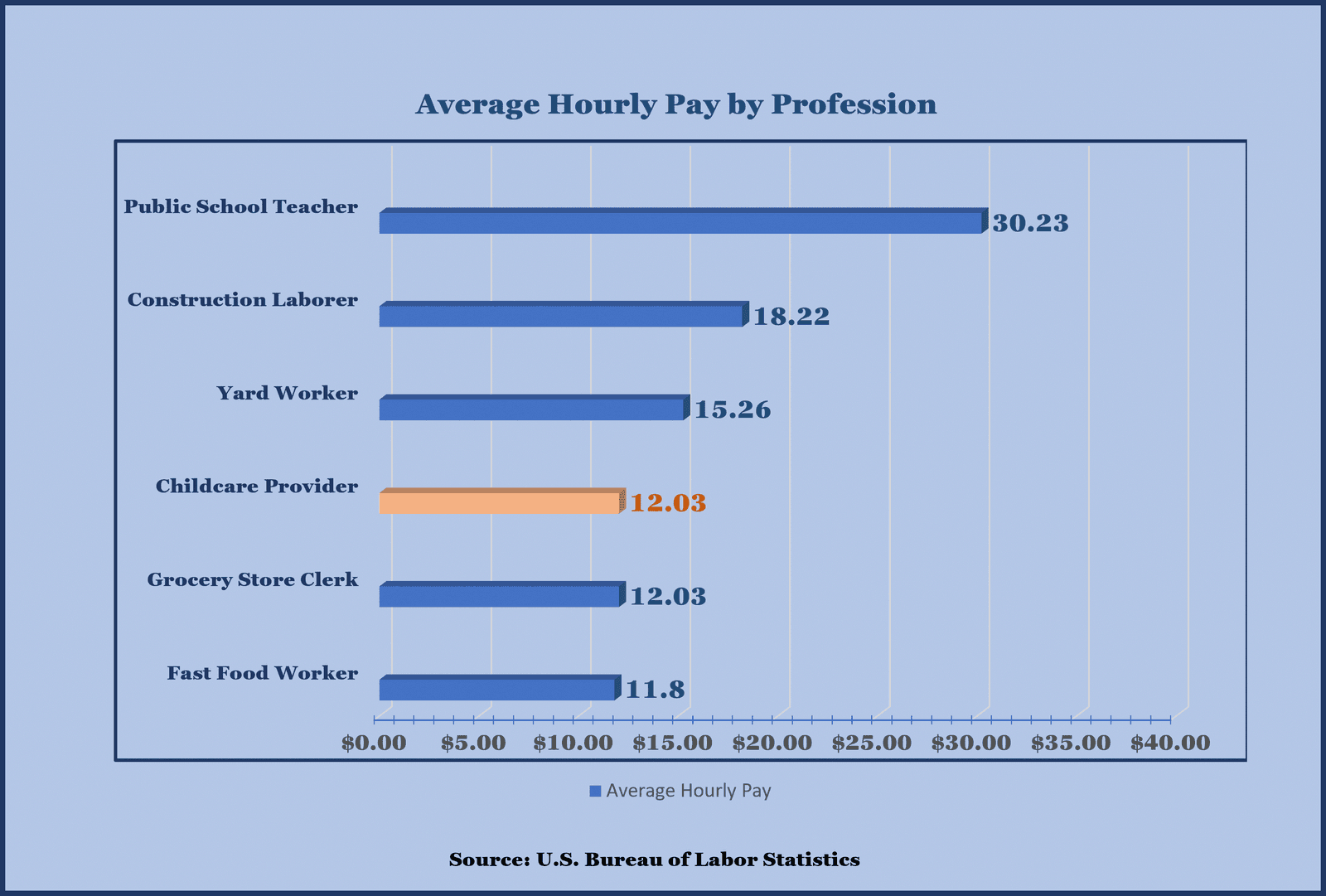
Because childcare providers currently receive low wages, no benefits, and very few of the professional offerings of educational systems, turnover is high in the profession, which creates challenges for offering consistent high quality care. Without assistance, these deficits are hard to fix since many families already pay a third or more of their household income in childcare costs. This leads to the following disparities:
- The average childcare administrator receives a salary that is less than half of their public school counterpart.
- Childcare providers receive an average hourly wage of just $12.03, which is substantially below the $29.81 national median for all occupations and the Nebraska average of $23.20 (U.S. Bureau of Labor Statistics).
- Only 15% of childcare workers receive health benefits according to a study by the Economic Policy Institute.
- Only 10% have any sort of pension plan.
- Childcare workers are nearly twice as likely to live below the poverty line compared to other professions.
Working Together for High Quality Early Childhood Care and Education
In response to gaps in the early childhood care and education system and with the assistance of both the initial Preschool Development Grant funding and subsequent Preschool Development Renewal Grant funding, a collaboration between 11 Nebraska organizations, community leaders, the provider network, and family representatives has begun on 29 initiatives designed to promote quality early childhood care and education as a priority. The collaboration continues to grow, resulting already in:
- A Needs Assessment of strengths and gaps in early childhood care and education;
- A Statewide Strategic Plan;
- Significant work toward access to education, care, and essential services;
- Building a quality care and education system for all Nebraska families and in support of a professionalized network of care;
- Improving the collaborative network of Nebraska's broad range of systems and services;
- Creating improved alignment between systems for better integration and continuity of education and service delivery.

